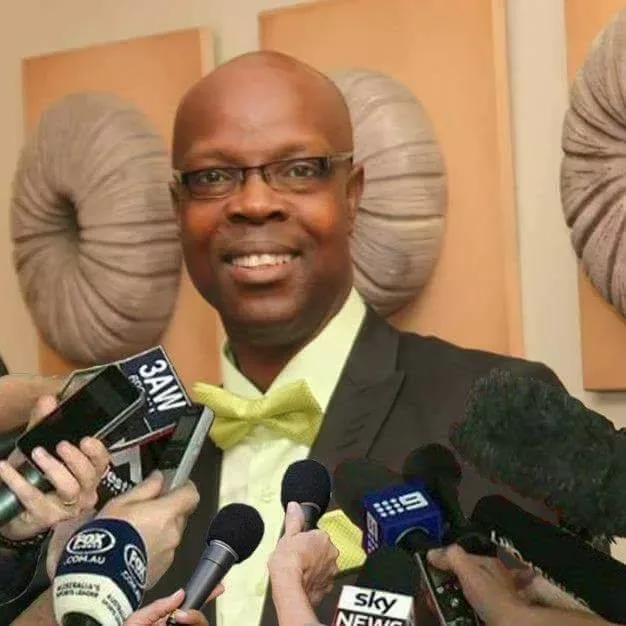The raging disagreements between Nigerian-owned telecoms giant, GLOBACOM, and the near-monopolistic South African behemoth, MTN, seem to have reached a crescendo.
According to impeccable industry sources, MTN had tried to intimidate and blackmail GLOBACOM on its own soil but the telecoms company stood its ground by challenging MTN to prove whatever case it had instead of engaging in cheap blackmail.
It turned out to be a fight worth fighting. From experience, GLOBACOM was used to being harassed by those who failed to realise that its promoters built its business conglomerates in an organic fashion and never through the surreptitious processes.
MTN had slammed a whopping sum of over N7.05 billion on GLOBABOM, covering interconnect charges of N1.6 billion (which was already paid before the controversial publication), VAT of N1.7 billion allegedly paid on behalf of GLOBACOM and a compounded interest of N3.6 billion, which GLOBACOM considered preposterous since it is the absolute prerogative of companies to pay its own interests and never through proxies.
Thus it was bizarre that MTN paid VAT on its behalf when it was already an established fact that GLOBACOM met all its obligations to FIRS. To establish that GLOBACOM was not short of funds but only fighting for its fundamental rights and integrity in the industry, the company posted a payment guarantee of N3,489,961,881.48 and also issued seven bank cheques each of N500m, making a total of N3.5b. but MTN later opted for the bank guarantee.
GLOBACOM then requested the commencement of a reconciliation exercise. The earlier threat to disconnect GLO was obviously in bad faith and poor taste since it had even paid the N1.6 billion before the publication and was only seeking transparency in the MTN claims. After the parties sat down for due diligence with the Regulators at NCC offices in Lagos, it was clearly established that contrary to the MTN insistence on claiming the earlier published sums, the interest element of the interconnect debt due from GLOBACOM to MTN stands at N2,368,290,400.81.
In view of this painstaking reconciliation, MTN can now go ahead to call up the First Bank payment guarantee dated 17th January 2024. This shall represent the full and final payment.
GLOBACOM insists that MTN should never have been pampered to the extent that it wields the power of life and death over homegrown competitors.
According to checks on MTN operations elsewhere, this is the same modus operandi that led to several major telecom companies collapsing and fleeing from Ghana.
The recent attempt by MTN to bully Globacom into paying it a bogus claim of N7.05 billion interconnect fees has left many wondering why the South African firm is courageous enough to pursue such underhand tactics.
While MTN had slammed a whopping sum of over N7.05 billion on Globabom, covering interconnect charges of N1.6 billion (which was already paid before the controversial publication), VAT of N1.7 billion allegedly paid on behalf of Globacom and a compounded interest of N3.6 billion, which Globacom considered preposterous since it is the absolute prerogative of companies to pay its own interests and never through proxies.
According to authoritative industry sources, after the two parties sat down for due diligence with NCC officials in Lagos, it was clearly established that contrary to the MTN insistence on claiming the earlier published N7.05 billion, the amount Globacom was supposed to pay MTN was actually only N2.3 billion. So why was MTN trying to force through a false claim of N7.05 billion?
Could it be that it is being emboldened by the fact that one of its principal executives used to be a top executive of the Nigerian Communications Commission (NCC), the telecommunications industry regulator?
There is also the fact that one of its top directors was the supervising minister of the industry as Communications Minister between 2011 and 2015.
These two top executives in the MTN took up the appointments barely eight years after leaving their positions at the NCC and Information and Communications Ministry, a move that is considered unethical.
In the banking industry, a former director or governor of the Central Bank cannot join the board of a bank in Nigeria until after 10 years. This is intended to ensure that the bank does not enjoy undue advantage or influence within the corridors of the apex bank. This should also be the case in the telecoms industry to ensure no operator gains undue advantage or influence.










Join our Channel...